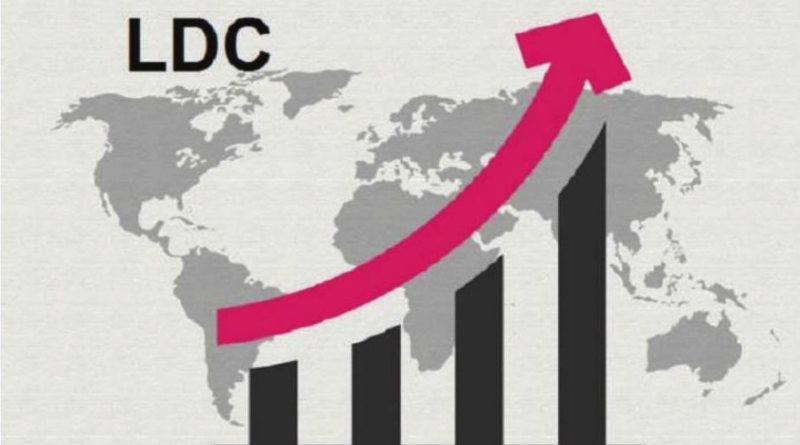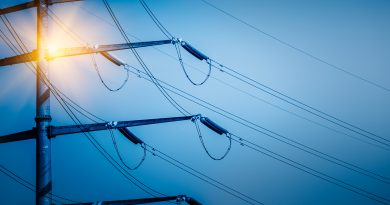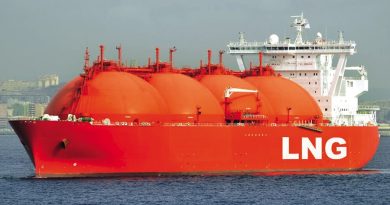Bangladesh faces five deep-rooted structural challenges that could constrain its economic growth, experts warned at a roundtable in Dhaka on Monday.
The hurdles include pressure from the country’s upcoming graduation from least developed country (LDC) status, weak export diversification, inefficient trade facilitation, low investment, and limited participation in global value chains.
The event, “Path to Economic Turnaround: How Business Environment Fares and Priorities,” was organised by the Metropolitan Chamber of Commerce and Industry (MCCI) and Policy Exchange Bangladesh at the MCCI office in Gulshan.
Government perspective
Commerce Secretary Mahbubur Rahman, attending as chief guest, said Bangladesh was committed to its LDC graduation journey.
“This is necessary, though sometimes the pace of change feels revolutionary,” he said, stressing lessons from countries like Vietnam that expanded through private-sector-led growth.
Rahman flagged challenges in tax mobilisation, sustainable financing, and smooth implementation of reforms. He added that Bangladesh must simplify processes under the WTO’s Trade Facilitation Agreement (TFA).
“We are reducing barriers and gradually moving towards digital systems. But the process is still mostly paper-based,” he admitted.
He also warned that after 2026, Bangladesh would lose preferential trade access in major markets, though he believed “not more than 15 per cent of our exports are at risk.”
Investment ecosystem
BIDA executive member Shah Mohammad Mahboob said the authority had shifted to more direct coordination among decision-makers to improve the investment climate. “Empowering the BIDA chairman to connect daily with top policymakers helps us resolve issues faster,” he noted.
Economic indicators and reforms
Policy Exchange Bangladesh chairman Dr M Masrur Reaz highlighted reform moves since August 2024 in banking, revenue, and governance. He pointed to easing inflation (down to 8.55% in August 2025 from 10.49% a year earlier) and stronger reserves ($26.5b in July, up 21%) as positive signs.
However, he cautioned that disruptive protests, disorganised policymaking, and slow reforms continue to hold back growth.
Foreign investors’ concerns
JETRO country representative Kazuiki Kataoka said Japanese firms were expanding operations in Bangladesh, with 55% planning to continue or grow investment. Still, he cited difficulties in finding reliable partners, remitting profits, and policy consistency.
Local business voices
Speakers from various sectors flagged gaps in rule of law, weak tax compliance, costly electricity, energy insecurity, and inadequate ease of doing business.
Former Robi CEO Mahtab Uddin Khan urged MCCI to lobby for delaying LDC graduation, arguing that Bangladesh’s growth story remains “good but not fully realised.” He and others stressed that a cashless economy could reduce corruption.
NBR Reform Committee member Farid Uddin said recommendations on regulatory reforms and digitalisation had seen little response from ministries.
Industry leaders like Shasha Denims MD Shams Mahmud and Newage Group vice chairman Asif Ibrahim warned that factory closures, land scarcity, dependence on banks, and weak energy supply continue to constrain competitiveness.
LafargeHolcim CEO Mohammad Iqbal Chowdhury said tax law complexity had created fear among taxpayers, while revenue leakage hurt NBR collections.
Economic Reporters Forum (ERF) president Doulot Akter Mala added that bureaucratic mindset and poor coordination among government offices remained key barriers to service delivery.






